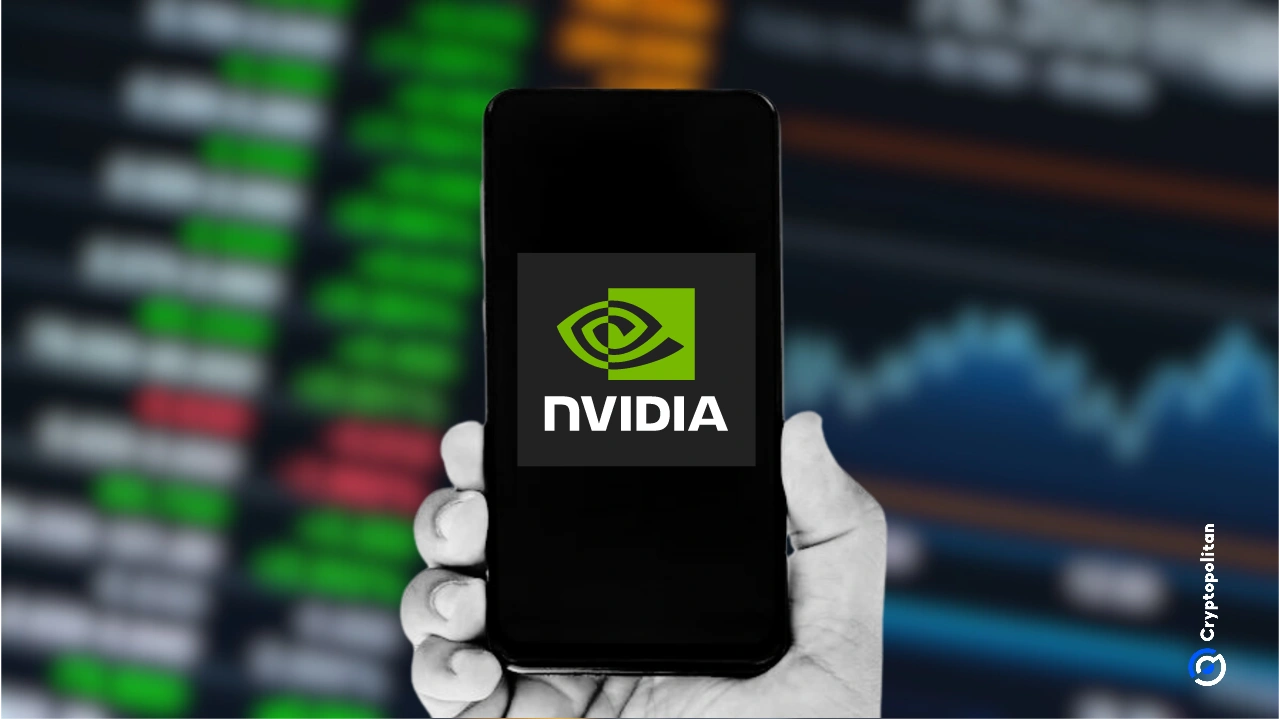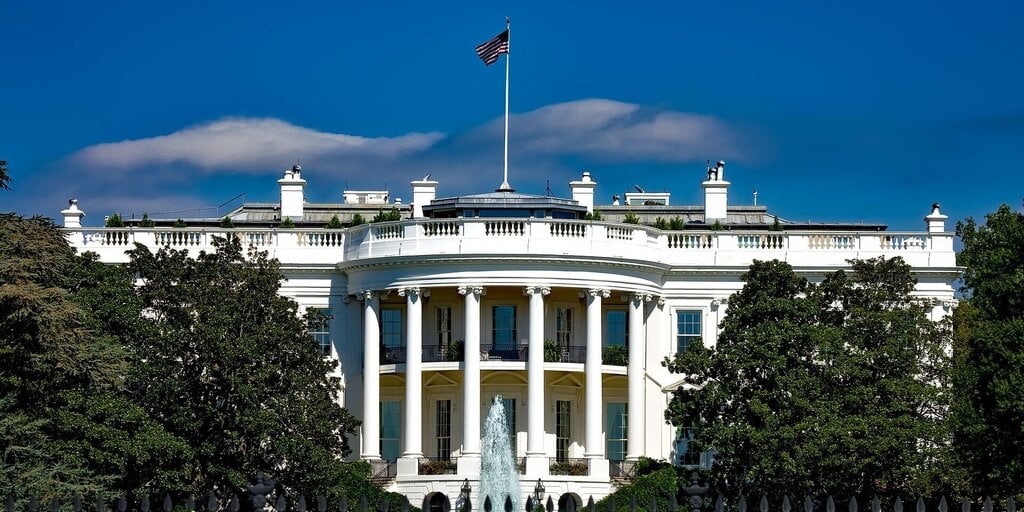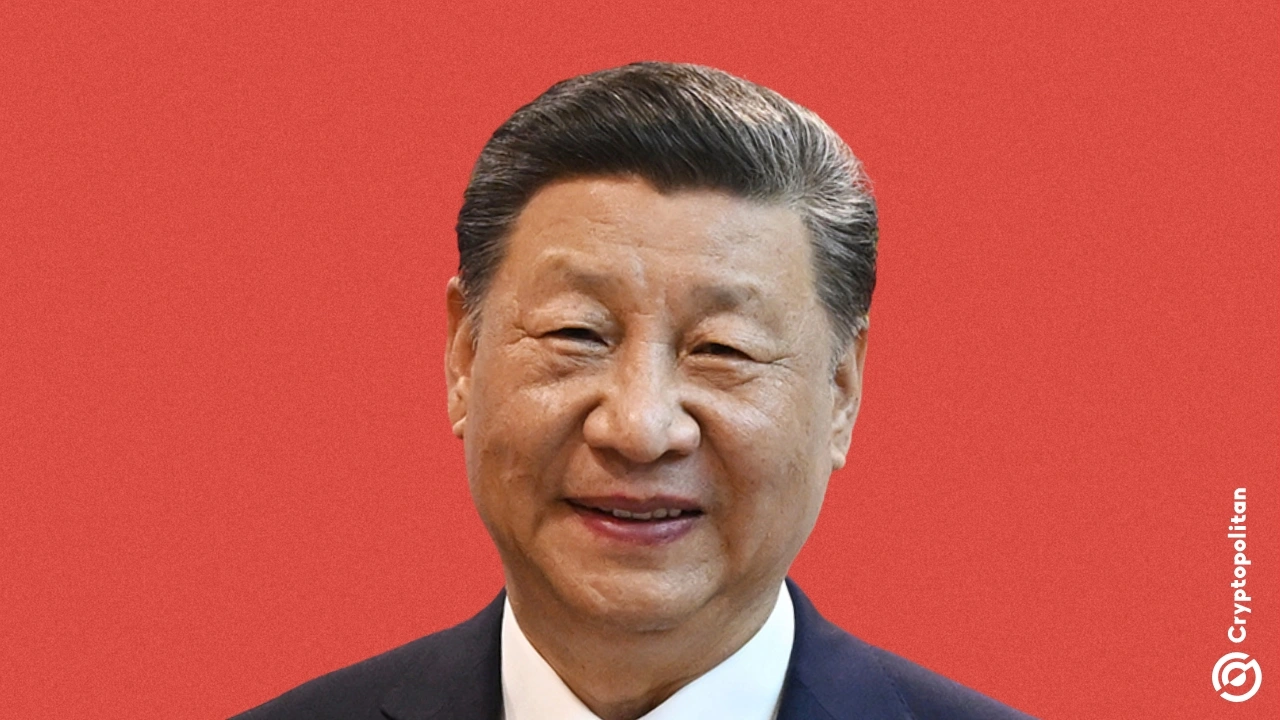Huawei is about to take over a spot Nvidia has been desperately trying to hold on to. After getting hit with new U.S. export restrictions, Nvidia confirmed on Tuesday that it can no longer sell its H20 AI chip to Chinese companies without a government-issued license.
The company said U.S. officials gave them this update on April 9, but Nvidia didn’t warn some of its biggest customers in China, who were still expecting their deliveries by the end of the year. That includes companies like Tencent, Alibaba, and ByteDance, who all placed massive orders.
The new license rule now makes the H20—which was Nvidia’s only legal AI product still allowed in China—basically useless unless the U.S. changes its mind.
That doesn’t seem likely. This rule is part of a broader effort from Trump’s White House to block China from getting access to powerful AI tech that Washington believes could boost its military programs.
The U.S. had already banned Nvidia’s most advanced chips back in 2022, and in response, Nvidia built the H20 as a workaround. But that workaround is now also blocked.
Nvidia confirms losses as Huawei gains ground
According to Reuters, Nvidia told investors that these restrictions will cause them to write off $5.5 billion in charges during the first quarter ending April 27.
These charges are tied to unsold H20 inventory and purchase agreements that are now frozen. The company also admitted the U.S. government told them this licensing rule is indefinite—there’s no timeline for when it could end.
Nvidia’s stock (NVDA) dropped 6% in after-hours trading on the same day the announcement went public. Jimmy Cramer jumped into the story, posting on X that NVDA has become “a meme stock and it has to be cut back.”
The financial hit comes just months after Nvidia had secured $18 billion worth of H20 orders, according to three people who were allegedly aware of the internal sales. Now, that entire pipeline is stuck.
In Nvidia’s last fiscal year, which ended January 26, China brought in $17 billion in revenue, making up about 13% of the company’s total sales. The latest export control throws that entire market into chaos.
Nvidia didn’t just fail to notify customers in time—it also didn’t tell its own China sales team, according to people familiar with the issue. Everyone on the ground was left blindsided by the announcement.
At the same time, Huawei is in the perfect position to step in. The company has been building and selling AI chips that compete directly with Nvidia’s lineup. Now that Nvidia’s supply has been cut off, Huawei becomes the only major option left for Chinese companies that still need AI chips to train large models.
Nori Chiou, investment director at White Oak Capital Partners in Singapore, said, “By restricting the H20 system, U.S. regulators are effectively pushing Nvidia’s Chinese customers toward Huawei’s AI chips.”
Chiou also said, “Huawei’s chip design and software capabilities are likely to advance quickly as it gains more customers and development experience.”
Jensen Huang, Nvidia’s CEO, admitted earlier this year that revenue from China had already dropped to half of what it was before the first wave of restrictions.
During the company’s February earnings call, he warned investors that competition in China was rising fast. For the second year in a row, Nvidia officially named Huawei as a competitor in its annual filing.
Cryptopolitan Academy: Tired of market swings? Learn how DeFi can help you build steady passive income. Register Now
















No comments yet